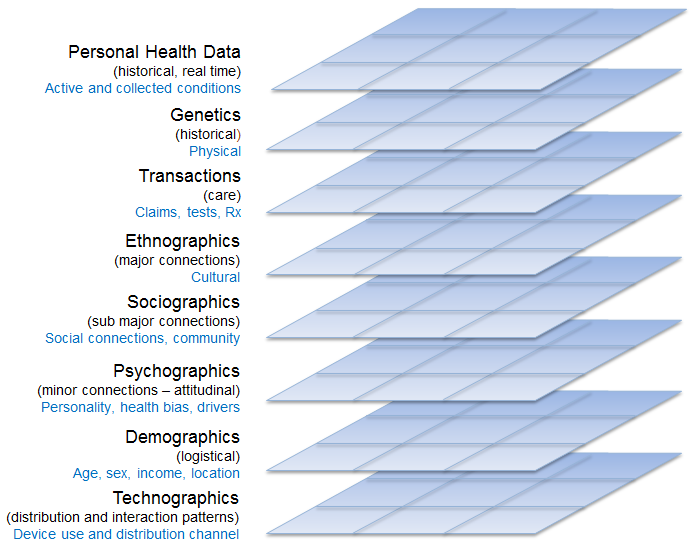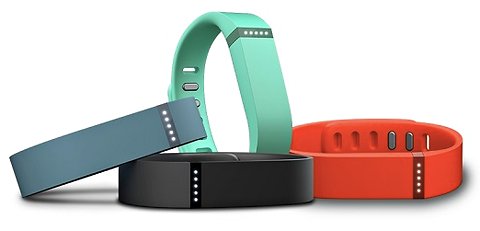In a dynamic and highly personalized industry such as healthcare, consumer insights are vital in order to create useful experiences, tailored health management programs, and ultimately craft a more successful, profitable brand. When people speak about consumer insights, they are typically talking about the collection, analysis and deployment of data in the effort to attract and keep customers. Developing better consumer insights requires careful analysis of the features of the brand in relation to the interests and responses of the consumer. With better consumer insights, healthcare brands can understand and appreciate the wants, needs, desires, motivations and mindsets of the consumers in their targeted market in order to foresee future trends and create a more positive user experience.
The Role of Health and Profile Data
Health data is vital to the modern healthcare industry because it provides an array of useful information about the incidence of various conditions and diseases in the patient population. There are a number of trends that become more evident with the analysis of health data, which enables healthcare providers, insurance firms and other health-related enterprises to design better products and services, and better serve the needs of their patients. Profile data is highly specific, enabling organizations to assess the relationships between particular groups of consumers in order to uncover various patterns and offer support targeted to these populations. Health and profile data may include information about behaviors, biometrics, devices, claims, prescriptions and tests. Master data files for profiling are the most specific and segmented, containing demographics, ethnographic information, personal health records, socioeconomic information and other critical data.
Assessing Data for Clearer Results
In the effort to profile consumers and develop insights into their behavior, the goal should always be to attain better analytics and ultimately drive higher-quality healthcare initiatives for the marketplace. There are numerous tools for assessing data in order to develop consumer insights to create better experiences that drive engagement. Data layering tools enable decision-makers to view information about their current and prospective customers or users in a number of formats. For the healthcare industry, a planar view of layered data can enable more scrutinized assessments of data in a spatial or geographic format. These tools can ultimately enable more customized dashboards to present information to consumers, collect data from consumers, keep this information organized and secure and develop better relationships with consumers stretching into the future. The consumer data that is collected must be audited for quality and usability, first of all, but after that, there are many different options for analyzing this valuable information, which your team can discuss with your business strategy consultants. Analytical tools can enable you to perform propensity modeling to predict future consumer behaviors, cross-selling analysis to spotlight relationships between successful products and services, critical lag analysis to design custom communication campaigns and many other options.
To simplify how we look at complex data, we view it in data planes that share commonality.
Positive Consumer Experiences is a Path to Member Engagement
In order to stay on the path of member engagement, we need consumer insights to create the kind of customer experiences that inspire loyalty and strengthen your brand image. Analytics and technology are the backbone to support building profiles and gain consumer insights. By exposing more insights from consumers you serve; it will ultimately enable better relationships through more successful marketing campaigns, personalized communications and health management programs that cater to their specific wants and needs. With data about the consumer marketplace and about specific groups within that marketplace, you will be able to target on two levels and develop personalized, relevant, multichannel campaigns. And with tracking and profile buildup, you’ll have the tools to continue improving consumer understanding and offer even more personalized health programs for increased retention and a reduction in medical costs. Staying on this path is critical for success in an increasingly complex healthcare world as it simplifies the experience for consumers.


